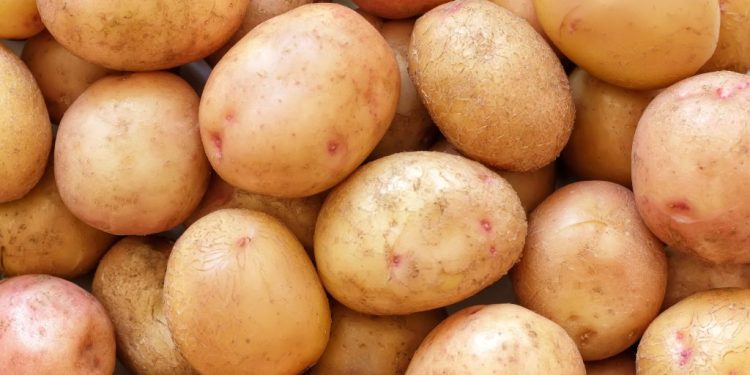#EarlyPotatoCrops #MediterraneanRegion #NorthernEurope #PotatoShortage #IrrigationPractices #BulkingRates #SupplyChainChallenges #IrishMarket #CropYieldOptimization #CultivationTechniques
The low yields of early potato crops in the Mediterranean region have created a persistent demand for exports, leading to a delay in planting in Northern Europe. This article explores the development and consequences of this phenomenon, with a particular focus on the United Kingdom. It discusses the use of irrigation to counter declining bulking rates and highlights the current situation in the Irish market.
The Mediterranean region traditionally serves as a major supplier of early potatoes, providing a steady stream of produce to meet global demands. However, in recent years, the region has experienced below-average yields, resulting in a shortage of supply. This scarcity has led to a persistent export demand, which has subsequently affected the planting schedules in Northern Europe.
Due to the anticipation of limited supplies during July and early August, farmers in Northern Europe are forced to delay their potato planting to ensure an adequate stock. Consequently, this creates a unique “window” of time during which early potatoes become extremely scarce in the market.
In the United Kingdom, where irrigation practices play a significant role in potato cultivation, the impact of low yields is being felt. Regions without proper irrigation facilities are experiencing declining bulking rates, which refers to the formation of potatoes within the plant. Without sufficient water supply, the potatoes fail to develop to their full potential, resulting in reduced yields and potentially affecting the quality of the crop.
The consequences of the low early potato crop yields are felt throughout the supply chain. Consumer and retail sales are impacted, particularly during hot temperatures when demand typically rises. In response, efforts to irrigate early Rooster crops are being intensified in affected areas to mitigate the decline in yields. Additionally, more early Queens (another potato variety) are being harvested to meet the buoyant demand.
In the Irish market, the situation reflects the overall scarcity and increasing prices of early potatoes. The latest IFA potato report reveals that yields have been only average thus far, highlighting the challenges faced by farmers. The limited availability of old season Rooster potatoes, often used for peeling, has resulted in tight stocks and higher prices, reaching EUR400/tonne ex yard.
As the early potato crop yields remain a concern, it is imperative for farmers and stakeholders in the Mediterranean and Northern Europe to collaborate on optimizing cultivation techniques, exploring alternative irrigation methods, and sharing best practices. Addressing the challenges of low yields can help stabilize the market and ensure a consistent supply of early potatoes for both domestic and international consumers.







